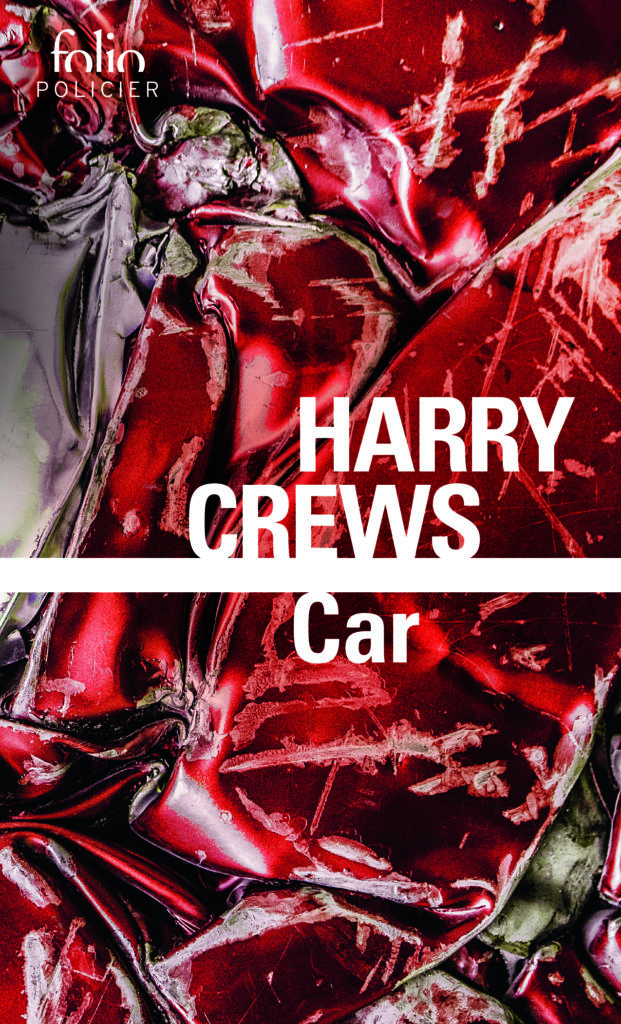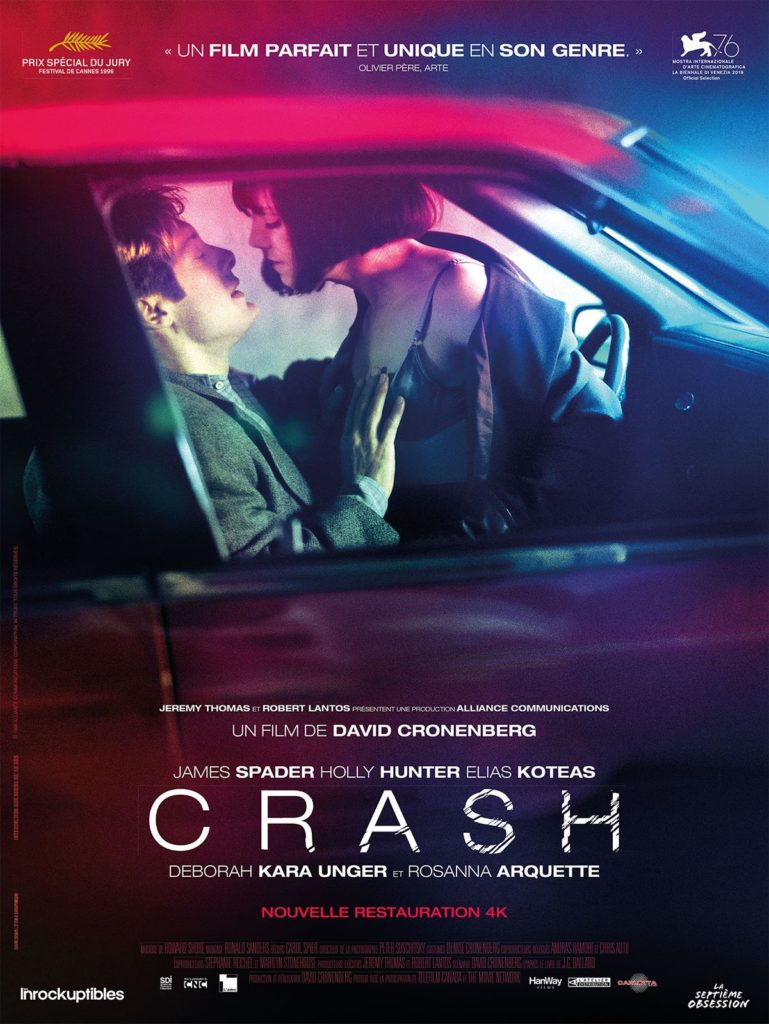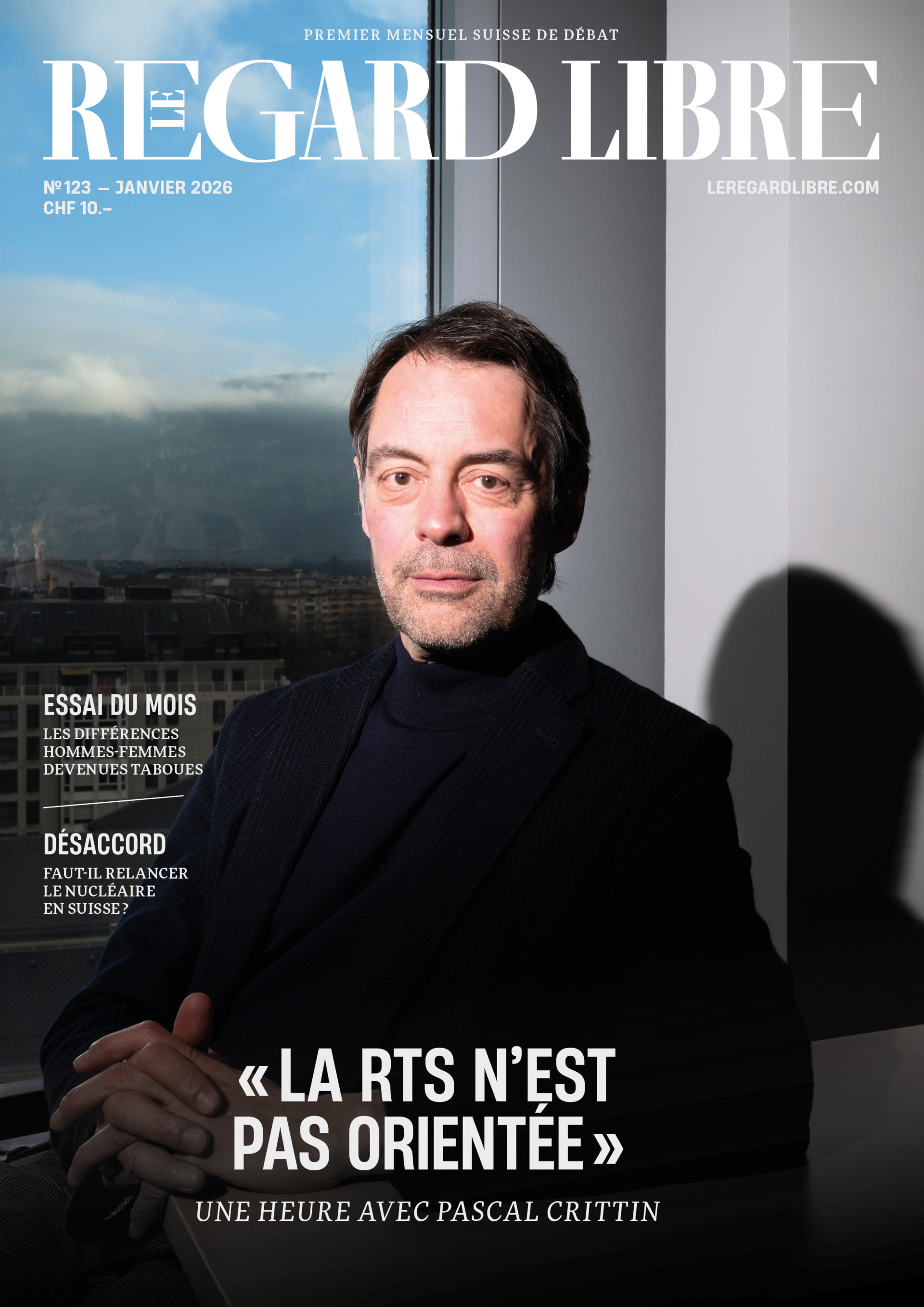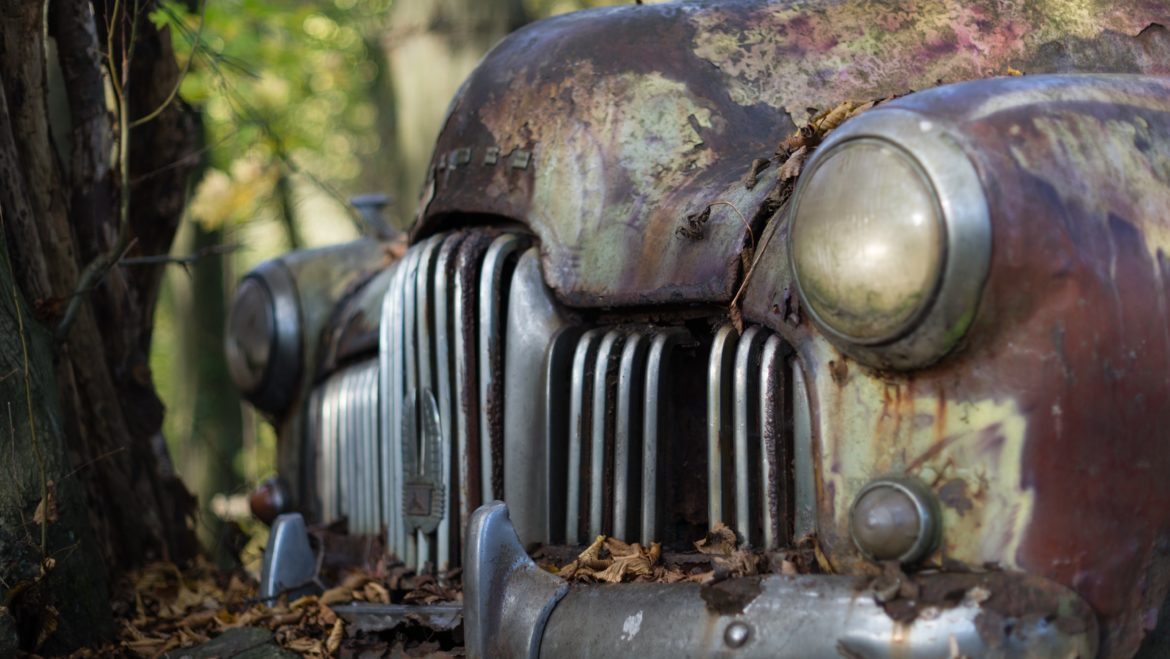It's no surprise that literary critics devour tons of books. However, in this chronicle, the one who devours the object of his work is not him, but a modest, intrepid employee of a car junkyard.
In Jacksonville, the Mack dynasty has been running Florida's biggest junkyard for years. In this Palace of Scrap, everything is a family affair: Easy, the father, runs the business with an iron fist, while his daughter Junell drives her tow truck, the Grosse Mama, to accidents to pick up carcasses, which she then takes to her brother, Mister, to crush with the giant press. Under the watchful eye of her twin brother, Herman, always a little behind the scenes, more dreamy than the others, but just as passionate about cars. (read our feature on cars).
One day, Herman Mack finally figured out what he wanted to do with his life: absorb his love of mechanical engineering for the glory of his family. So he had only one idea in mind: to eat a car. But not just any car, but the car of his dreams, the 1971 Ford Maverick. Piece by piece, piece by piece of metal, he swallows his fantasies, and the American myth in the process.
The perversion of the American Dream
This is the premise of Harry Crews' first novel to be published in France (but actually his fifth in the U.S.), featuring characters with shattered ideals, deviant appetites and unfailing pragmatism. It's grotesque, it's funny, it's tragic. And above all, it's terribly lucid. Under the hood lies a sharp critique of a country that prefers to drive than to think.
In Car, Harry Crews dismantles States 12: the car is not just an object, it's the totem of America. It embodies freedom, power, consumerist obsession - and the prefabricated illusion that goes with it.
Harry Crews, chronicler of the craziest «freaks», turns his headlights on the grimy underside of the mirage: a society that promises everything to everyone, but produces only aberrant desires and flat existences. And atop this mound of wrecks and utopias sits Herman Mack, symbol of perverse idols.
The engine runs, but the soul stalls
It's the destiny of an ordinary boy in a messed-up world, trying to become a car. Not own, not drive. To become. To be sheet metal, engine, chassis and chrome. Body and hood combined. A pure, hallucinatory stubbornness, carried out like a sacrifice, to the point of pulling teeth to better resemble a bumper.
Herman Mack doesn't want to assert himself, he wants to dissolve into the object of his fascination, as if the only way to exist in this symbol-saturated America is to become one of them.
Car is the carnivorous satire of a world where the individual is crushed by the icons sold to him, where freedom is bought by leasing and identity is no more than a shiny body to show off. By pushing his character into an absurd but implacable logic, Crews dismantles the engine of the American dream and shows what's left when the tank is emptied: a hollow noise, a little smoke and a lot of loneliness.
Every month, Quentin Perrissinotto puts a literary work through a kaleidoscope, collecting the images it projects and rendering their diffractions. Even if the flashes of genius turn out to be shards of glass.
A parallel with Crash
Apart from Herman Mack, there's another character with a particular, sordid appetite for cars: his sister Junell. Her appetite is more concupiscent, since her sexual desire is only aroused at the scene of an accident (more precisely, symphorophilia). As when, after witnessing the extrication of a little girl trapped in a car, she allows herself to be taken into the back seat of her van to have her breasts groped by her policeman lover, Joe. A passage of dubious taste, but one that perfectly embodies the sticky, transgressive world of Harry Crews, where shock, injury and crumpled metal all become triggers for unavowable instincts.
This scene is reminiscent of David Cronenberg's film, Crash, released over twenty years ago but recently restored in 4K, in which a couple rediscovers their sexual fulfillment through car accidents.
But while Car pushes consumerist logic to the point of grotesque madness, Crash takes him into the realm of raw impulsivity and morbid eroticism. Both, however, tear apart the’American way of life and sanctimonious propriety.
Quentin Perissinotto is a literary critic for Regard Libre. Write to the author: quentin.perissinotto@leregardlibre.com
You have just read an open-access review, taken from our dossier «La bagnole sous la loupe» (The car under the microscope) and published in our paper edition (Le Regard Free N°119). Debates, analyses, cultural news: subscribe to support us and access all our content.

Harry Crews
Car
Folio Gallimard
May 2019
208 pages

David Cronenberg
Crash
With James Spader, Holly Hunter and Rosanna Arquette
July 1996
100 minutes



